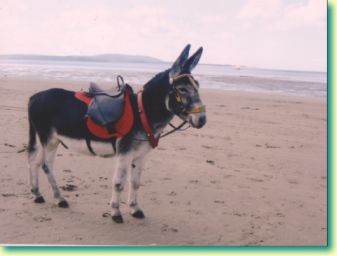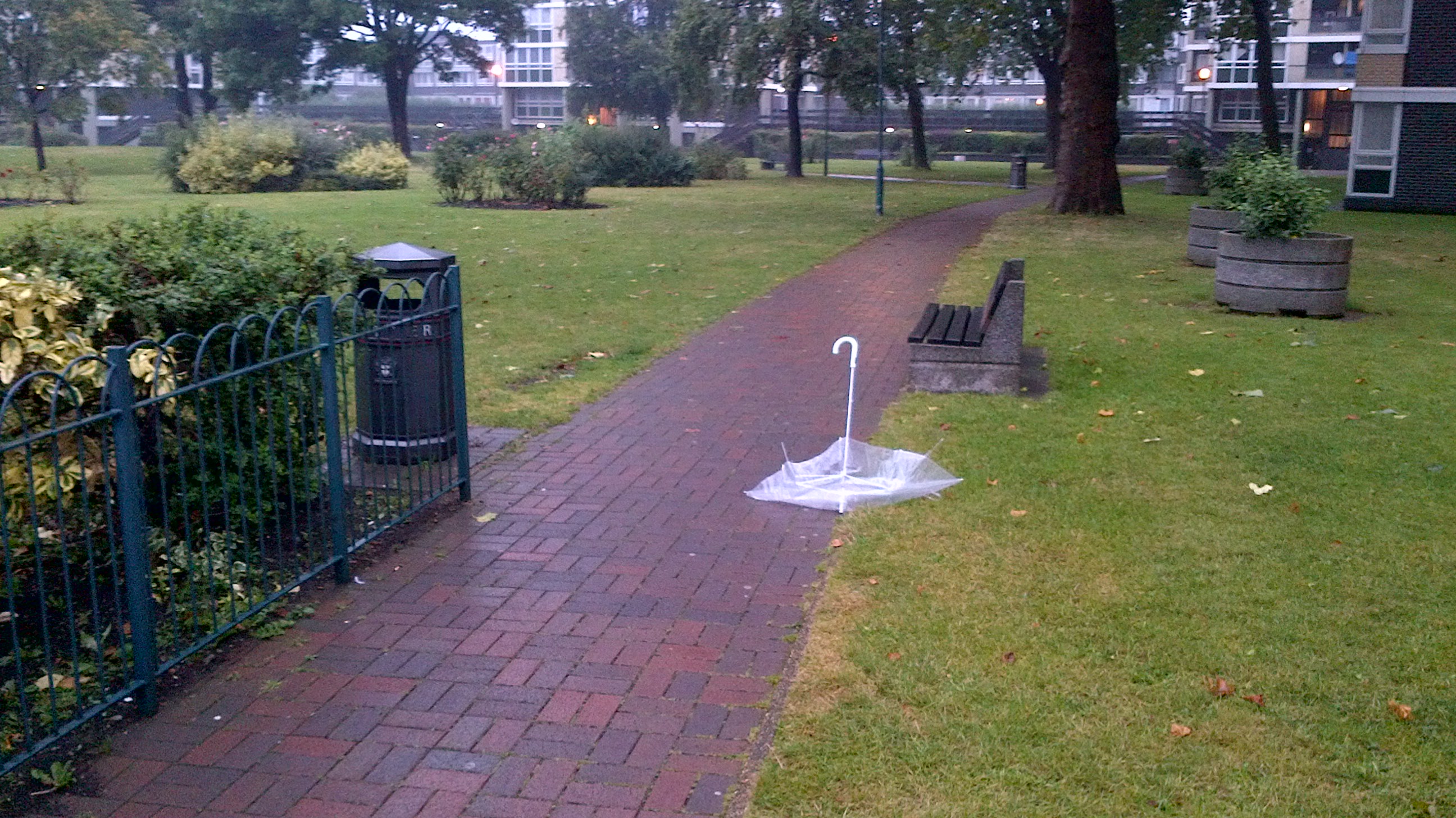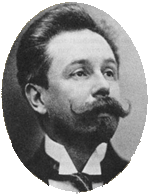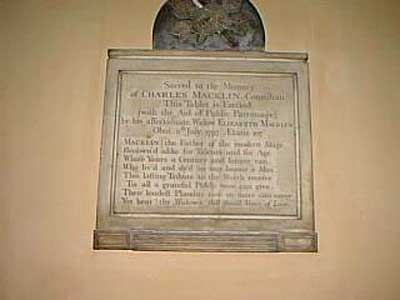I didn’t have a dog in the fight. I didn’t have a dog full stop. And there wasn’t a fight, exactly. It was more of a skirmish. One gang of warriors armed with swords charged, screaming, at another gang of warriors, also armed with swords. There were one or two clangs of blade against blade, but then the second gang ran away, back to their bivouac, and the first gang, still screaming their heads off, took possession of the area of land on which the skirmish had taken place. It was not quite land, being more accurately described as sodden marsh, but the warriors were well pleased with themselves. Their bloodcurdling screams turned to chanting, and they chanted their victory song, which went something like this:
We have vanquished our foes
Our swords are caked with their blood
Truly they have been ripped to shreds
And the sodden marshland is ours
That is a translation. In the original, the lines rhyme and have a pleasing rhythmic flow. You will note, however, that it is not strictly accurate. The foes ran away before they could be ripped to shreds, and not a drop of blood was spilled. It remains true, however, that I didn’t have a dog in the fight. It doesn’t matter that I had no dog, that there was no fight as such. The statement has its own inner coherence and logic.
Would things have been any different if I did have a dog, and there had been a fight? Let’s imagine that, instead of running away, the second gang of warriors, sploshing about in the sodden marsh, were determined to keep possession of it. When the first gang came charging at them, screaming, the second gang were not cowed, and instead started hacking wildly at their attackers, who hacked back. Swords clashed, stabbings occurred, limbs were lopped. There was much bloodshed. By the time they finished fighting, most of the warriors on either side were either dead or splayed upon the sodden marsh, groaning. Those who could still walk upright retreated. The sodden marsh remained disputed territory. Which gang of warriors took possession of it would depend upon further fighting, perhaps tomorrow, after each side had had the chance to replenish their numbers.
Meanwhile, what about me and my putative dog? For the purposes of vividness, let us bestow upon it a breed and a name. It is a Jack Russell terrier and its name is Skippy. For even more vividness, let us posit that Skippy is celebrated in song, by a chorus of tinies. They sing:
Skippy the terrier, o! what a hound!
Watch him scamper across the ground!
Be it sodden marsh or meadow
Skippy’s a jolly good fellow!
That is not a translation, as you can probably tell by the rhyme in the first couplet and the half-rhyme in the second. By the way, do not fret that the tinies assembled to sing Skippy’s praises are in any danger from the screaming, sword-wielding warriors. We shall place the tinies off to one side, safe behind some kind of barricade. In fact, that is where Skippy, my putative dog, is, and I am too. That explains why I don’t have a dog (Skippy) in the fight. I would not want him to come to any harm, if he existed, that is, not out of any overwhelming love for dogs, for in actual fact I detest and fear them, but because I like to think that if I did have a dog, as a pet, I would do my best to protect it from bloodthirsty screaming warriors armed with swords. I would not be much of a dog owner, would I, if I picked Skippy up and chucked him over the barricade, and commanded him to go and fetch a stick I threw into the clashing melée of warriors? Dogs can be very trusting, and the likelihood is that Skippy would gaze at me adoringly and scamper unquestioningly into the sodden marsh, there to be torn to bits by the razor-sharp blades of the fighting men. They might not stab Skippy purposely, but if he were caught up in the violence, by going to retrieve the thrown stick, he would almost certainly fall victim to what is known as collateral damage. So, if I did have a dog in the fight, even peripherally or circumstantially, he would probably come to a bad end.
I would have to placate the grieving tinies, too, whose hearts were filled to bursting with love and admiration for Skippy, as attested by their song. Though his violent death was caused by the chaotic hacking of swords in a battle which was nothing to do with him, nor with me, whose only action was to throw a stick for him to fetch, the tinies might well blame me. They would cease singing and turn on me, with looks of reproach and accusation. I am not sure how I would go about placating them. I suppose I could produce another putative dog, another Jack Russell terrier, also called Skippy, and by sleight of hand and misdirection pretend it was the same dog, unbloodied and in one piece and alive. But where would I get such a dog, quickly enough to convince the tinies?
All in all, I am thankful that I did not have a dog in the fight. Without the dog, there would be no call for a chorus of tinies to sing its praises from behind a barricade, nor for me to throw a stick into the midst of a mad tangle of clashing screaming blood-drenched warriors for the putative dog to fetch. And with no dead dog, the tinies would not turn on me, with a rage and wildness more terrible than an army with banners.








